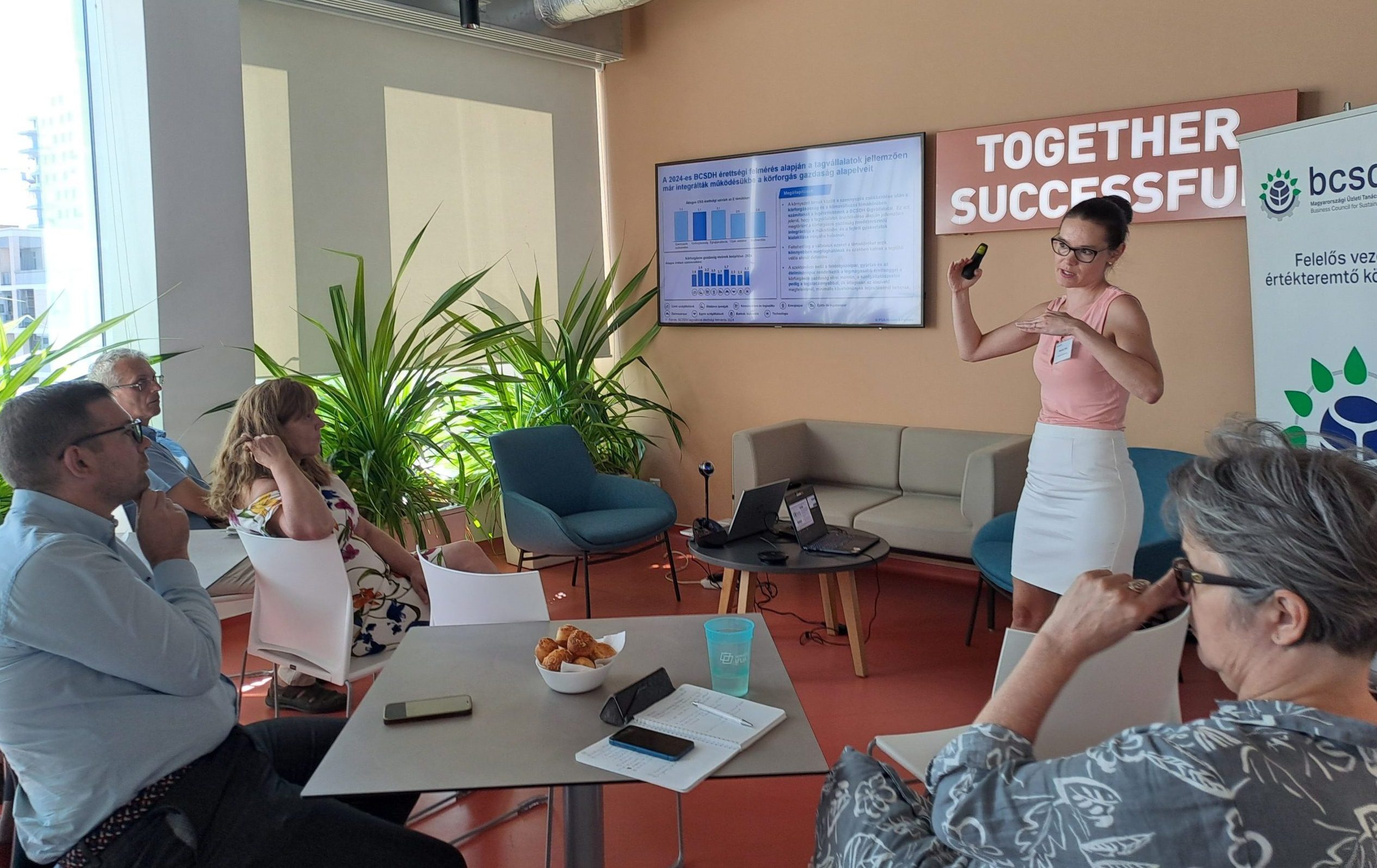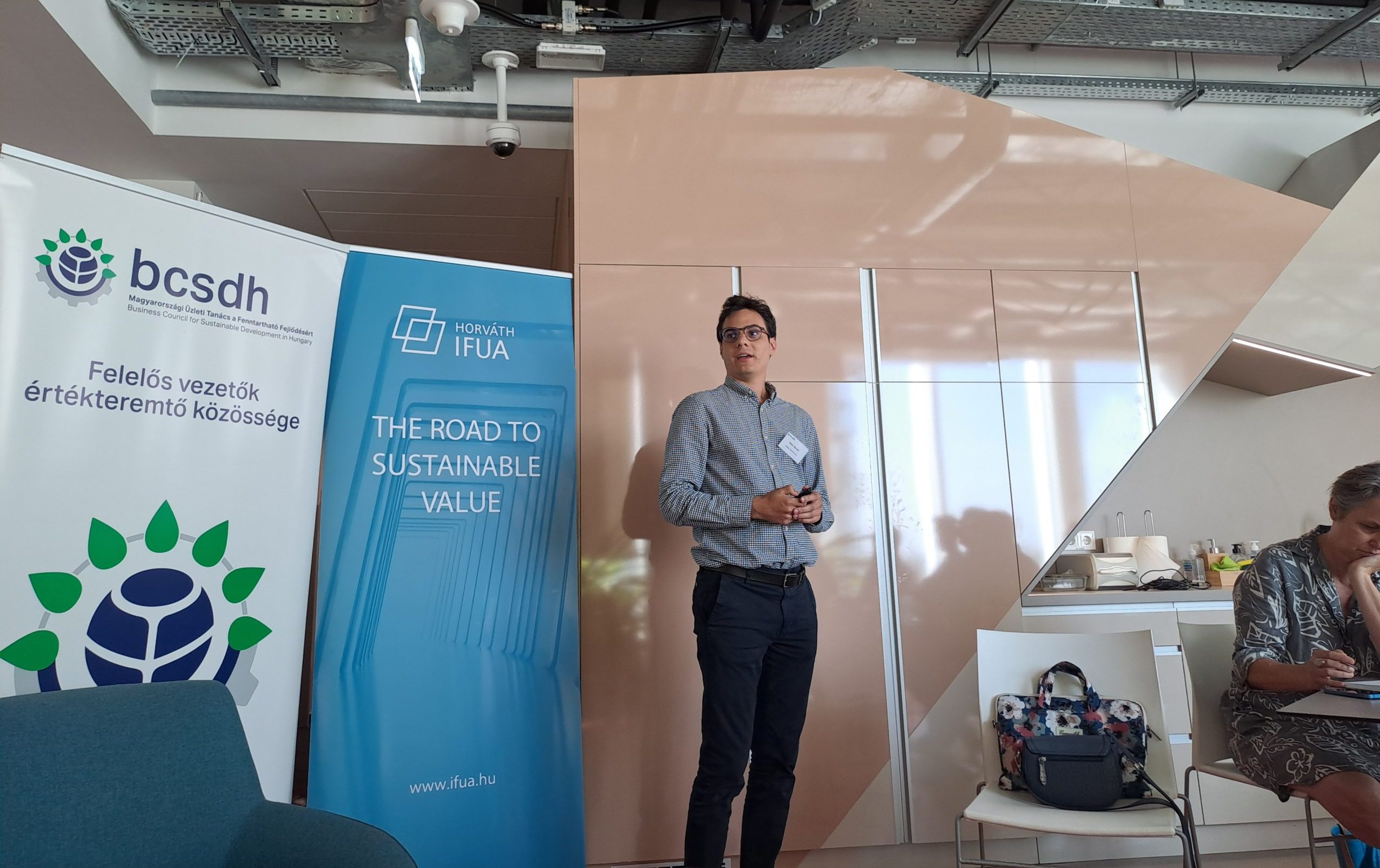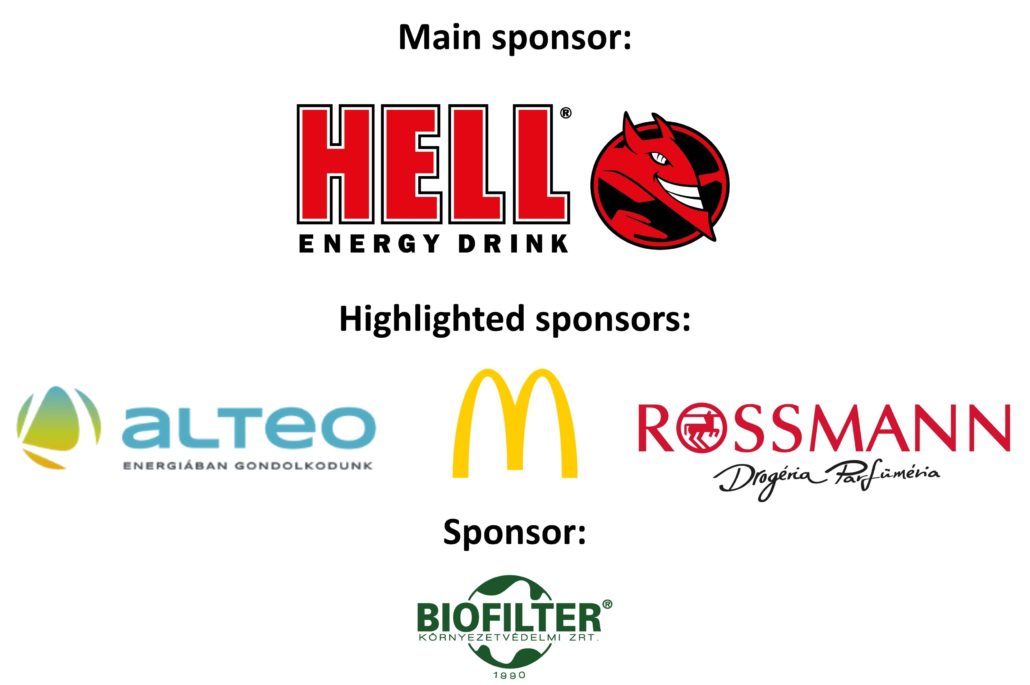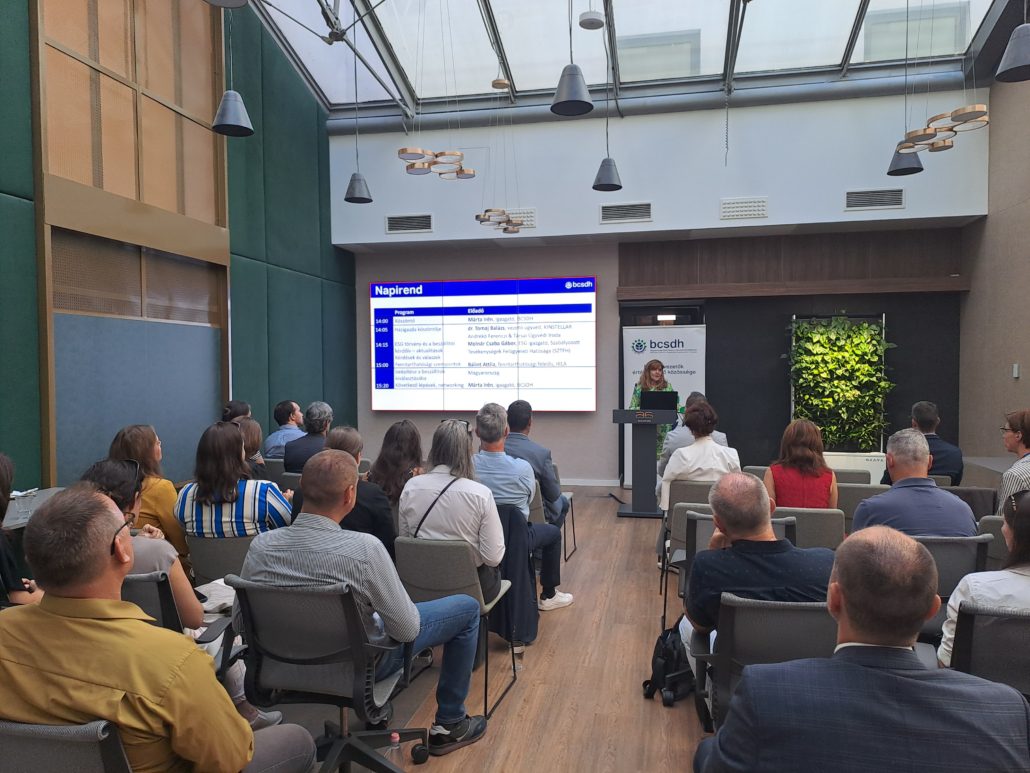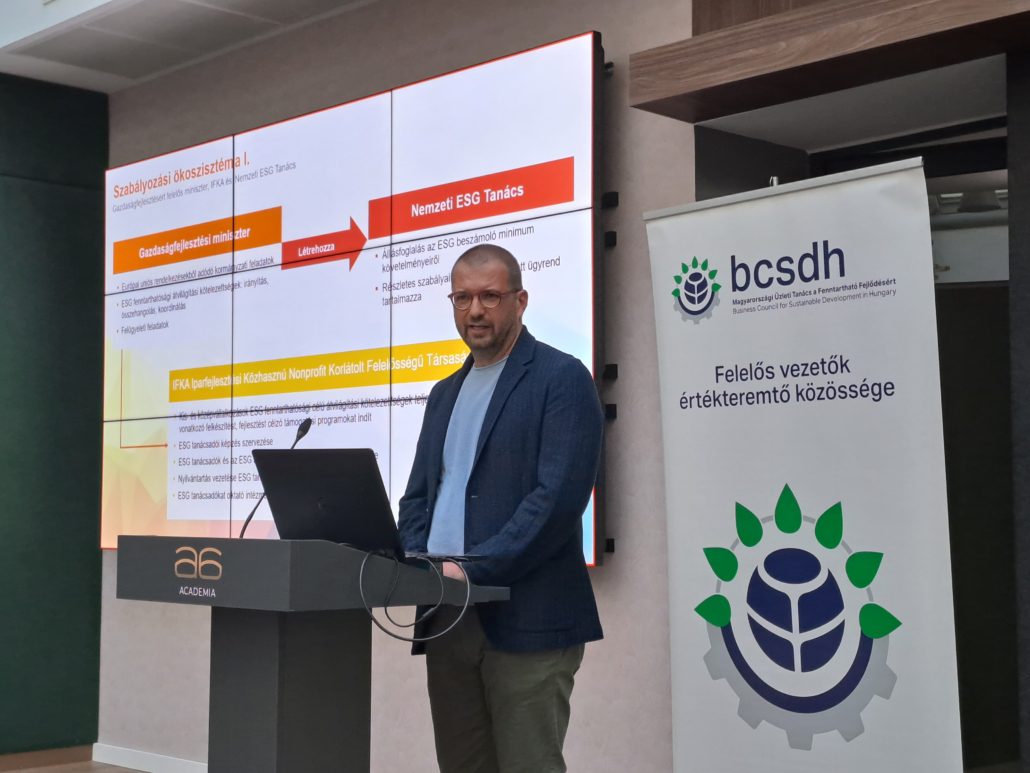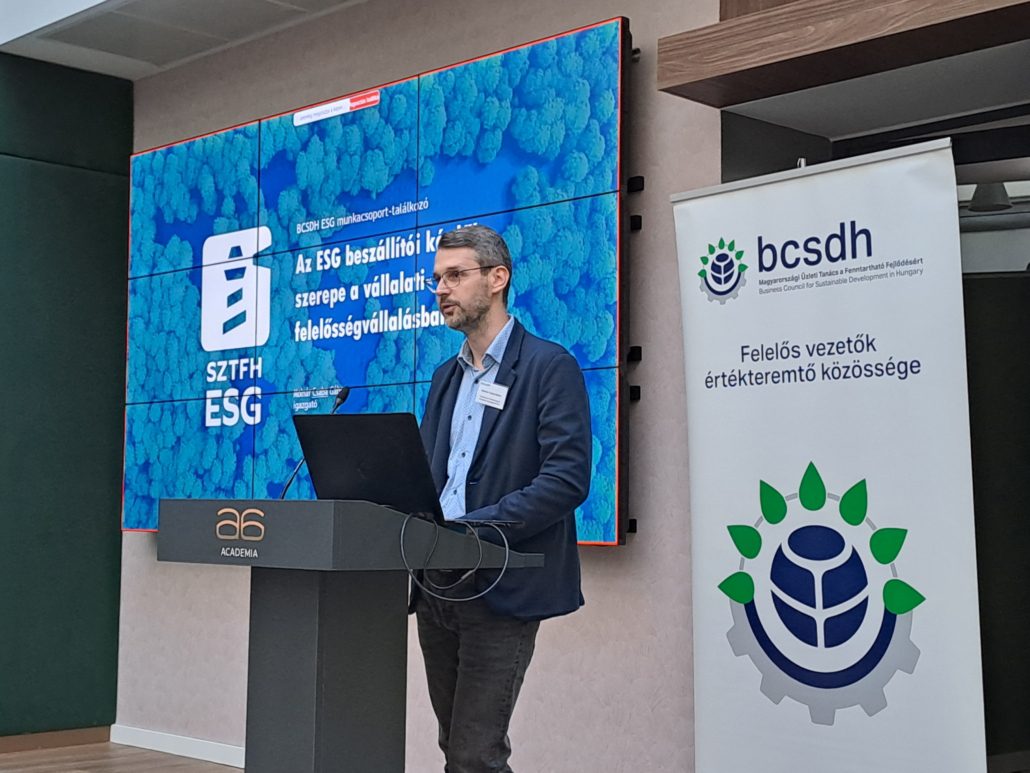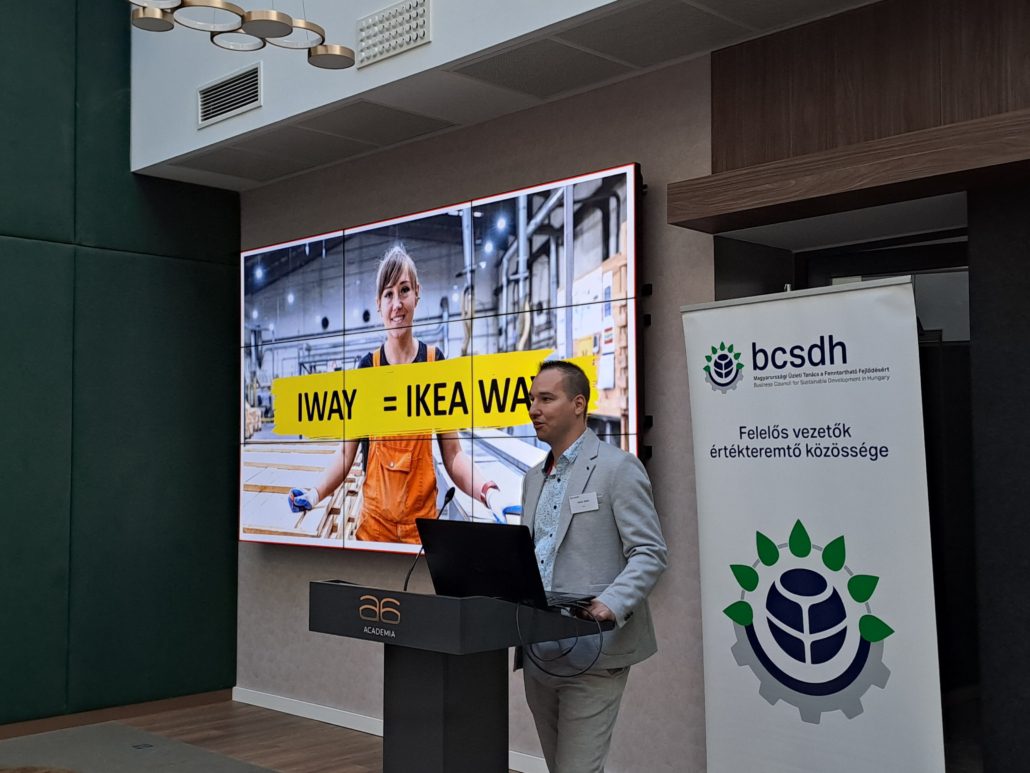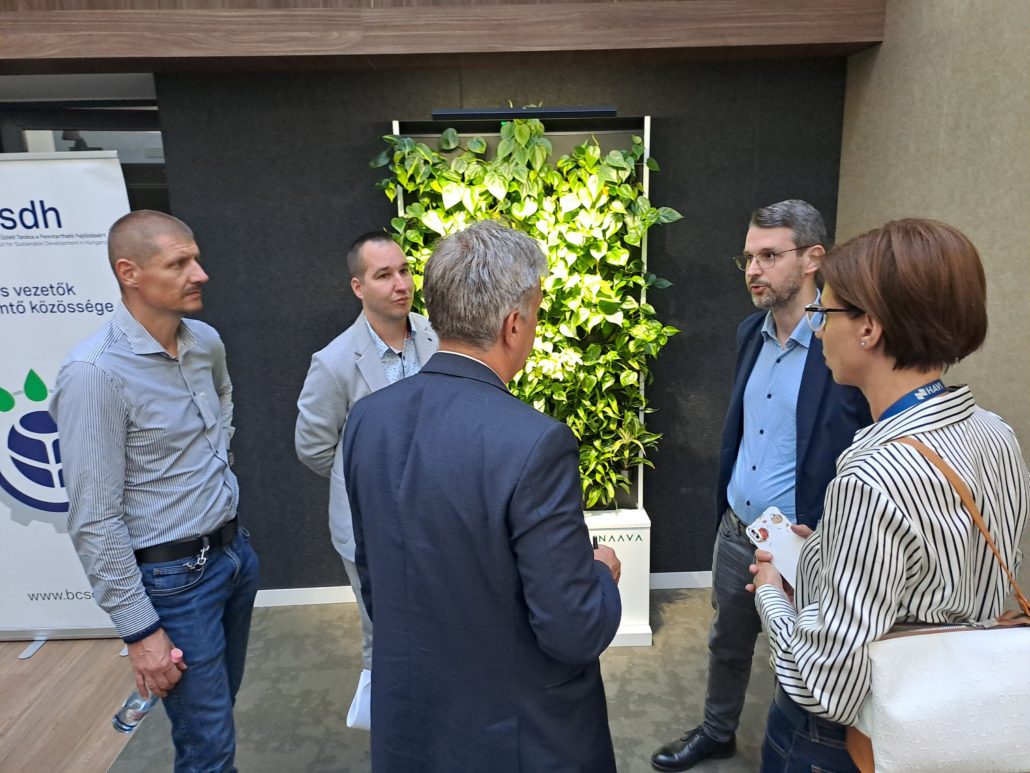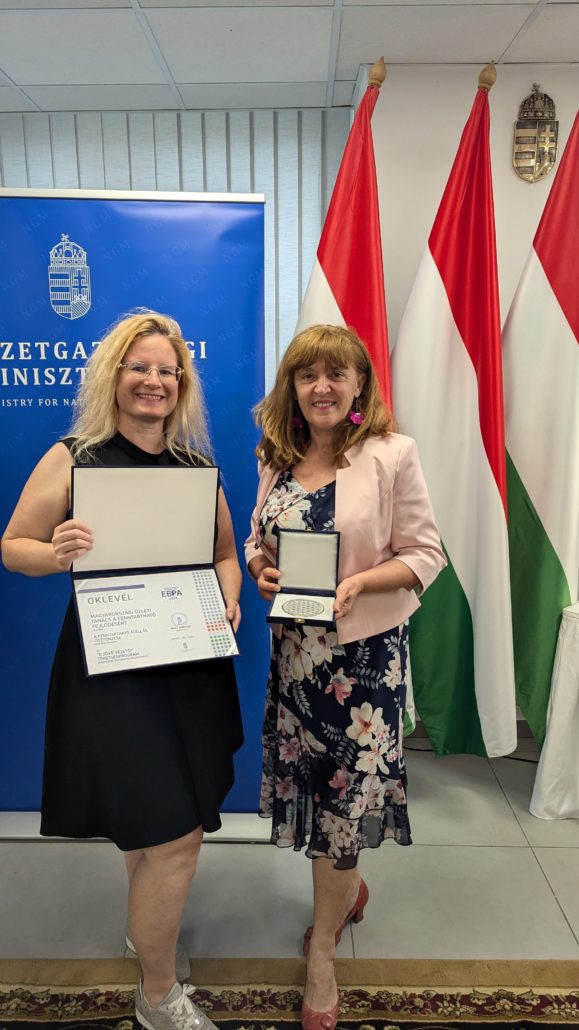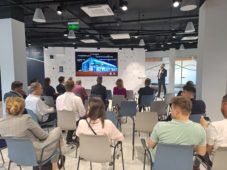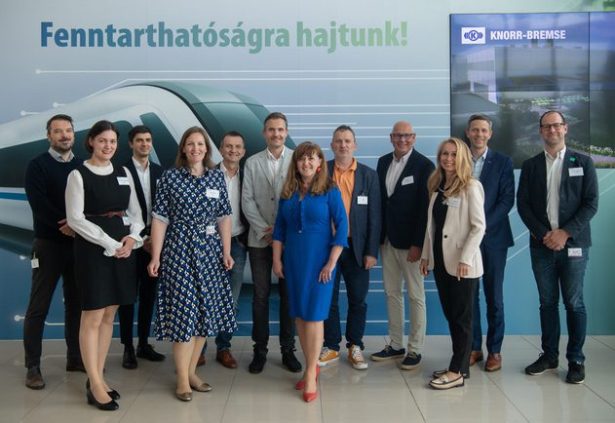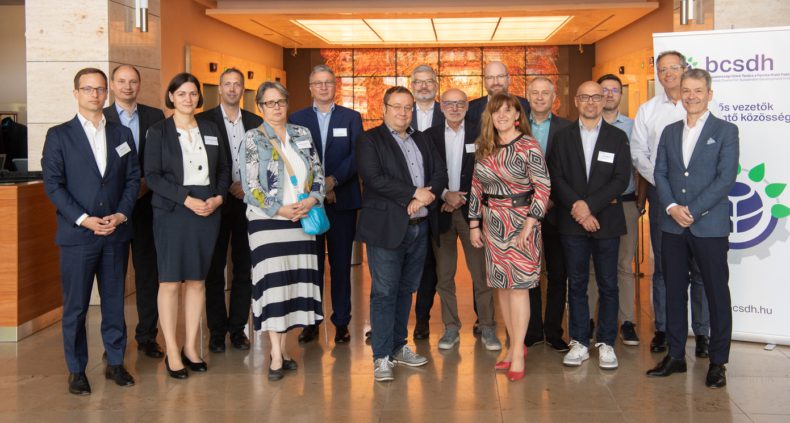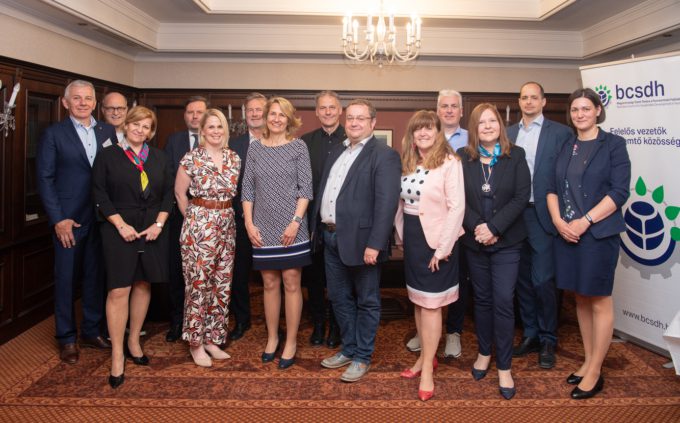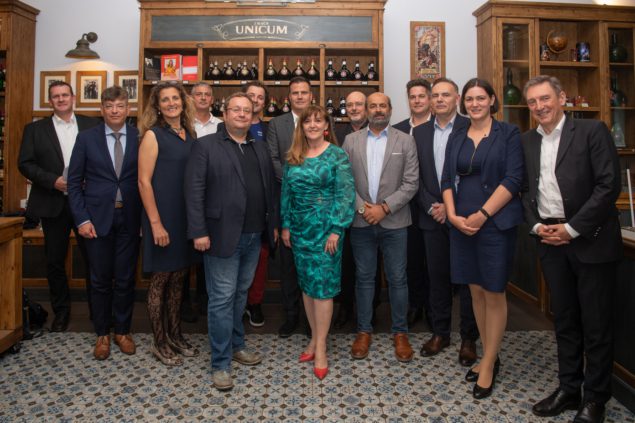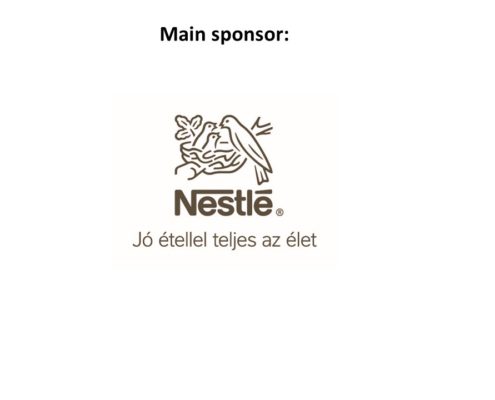The Business Council for Sustainable Development in Hungary (BCSDH) presented the Beyond Zero film for the first time in Hungary at an exclusive CEO event in cooperation with Sustainova, sponsored and hosted by E.ON Hungária Group.
In addition to the CEO of BCSDH member companies, members of the Net Zero Advisory Board were also invited to the event on 17 September, including Paul Fox, the UK Ambassador to Hungary, who also joined.
The event was moderated by Irén Márta, Managing Director of BCSDH, and the participants were welcomed by Attila Chikán Jr., President of BCSDH and President-CEO of Alteo, Zsolt Jamniczky, Deputy CEO of E.ON Hungária Group, Tomas Svoboda, Co-Founder and CEO of Sustainova, and Nathan Havey, writer-director of the film (via video message).
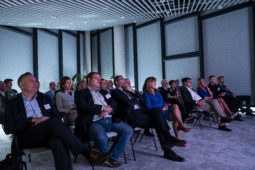
This inspiring documentary explores the personal and corporate transformation of business leader Ray Anderson, answering questions about the steps to a successful paradigm shift, how to engage leaders, convince investors and engage business partners to achieve climate goals.
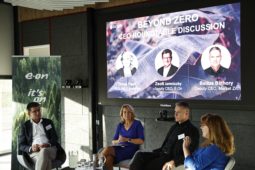
After the screening, committed leaders, Tímea Pesti (Ald | LeasePlan), Zsolt Jamniczky (E.ON Hungária Group), Balázs Báthory (Market Építő Zrt.) active in sectors important to climate protection shared their thoughts and dilemmas during a round table discussion. Participants emphasized how important the faith and will of the CEOs is, so that sustainability permeates the entire organizational culture and encourages employees to take action. Observing the natural environment and gaining inspiration for specific developments from it can be of great help in the implementation of the climate goals, this is also one of the key messages of the film.
BCSDH cooperates with Sustainova in Hungary to disseminate this inspiring film for business leaders and employees to accelerate systemic change and meaningful action towards climate goals.
You can see the photo gallery of the event by clicking on the link.

